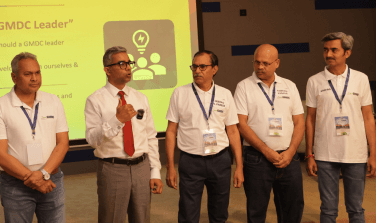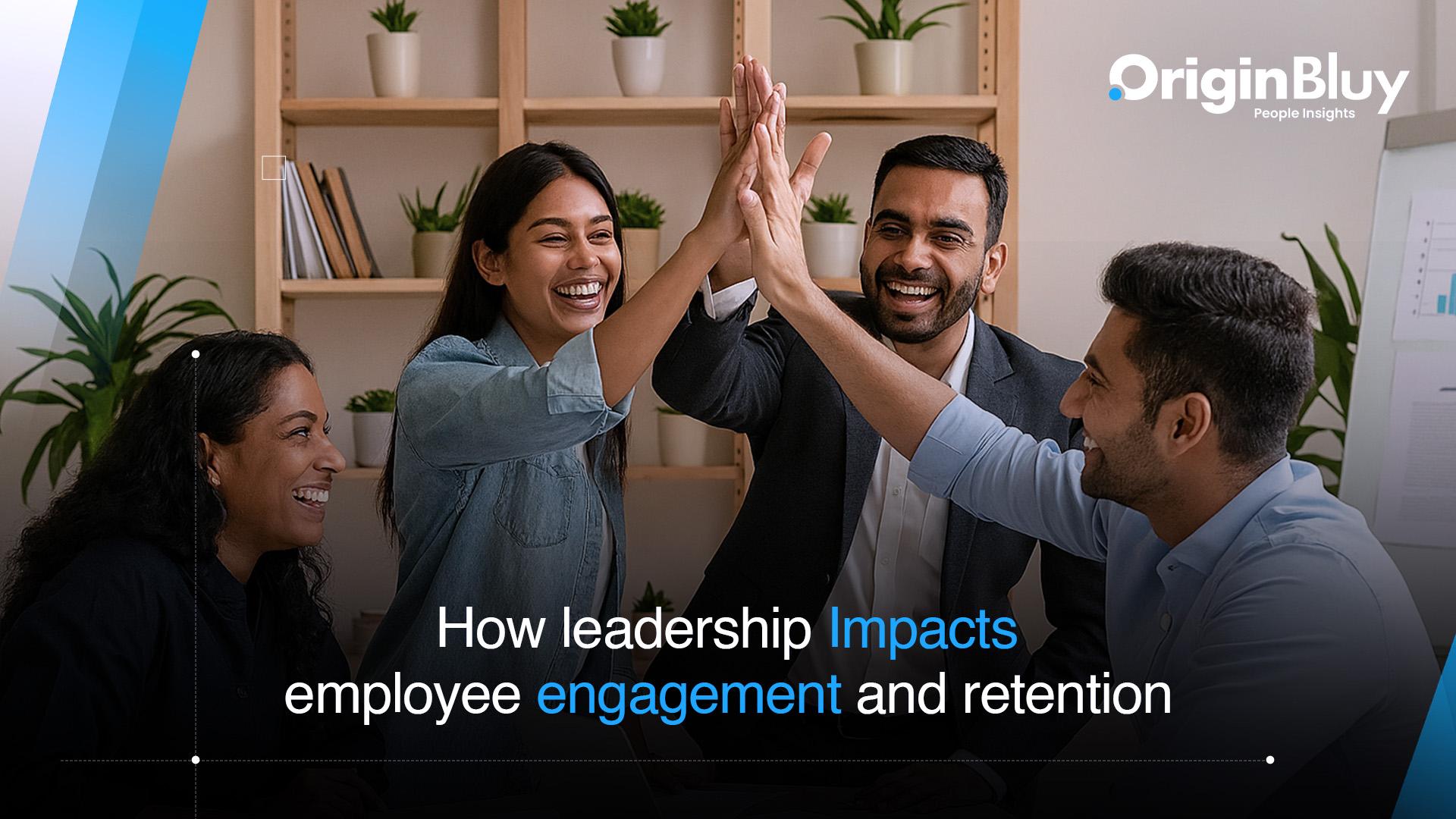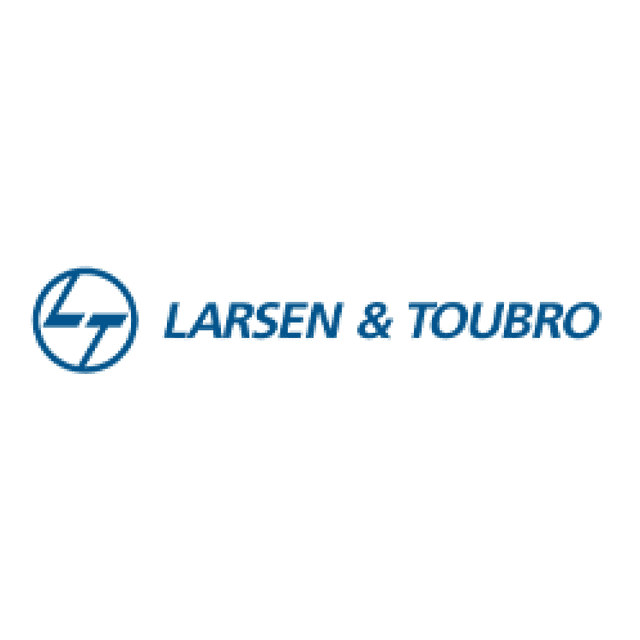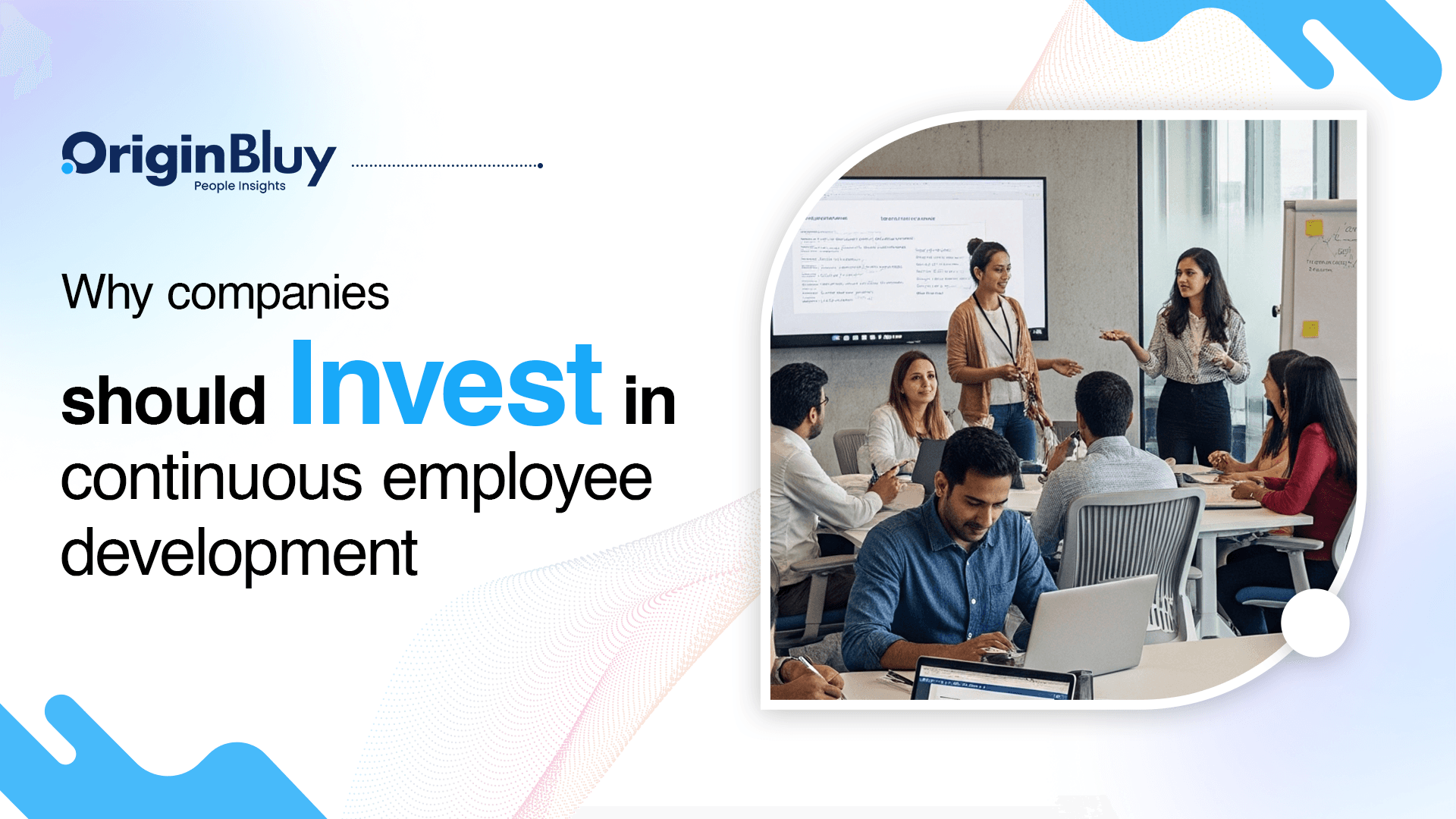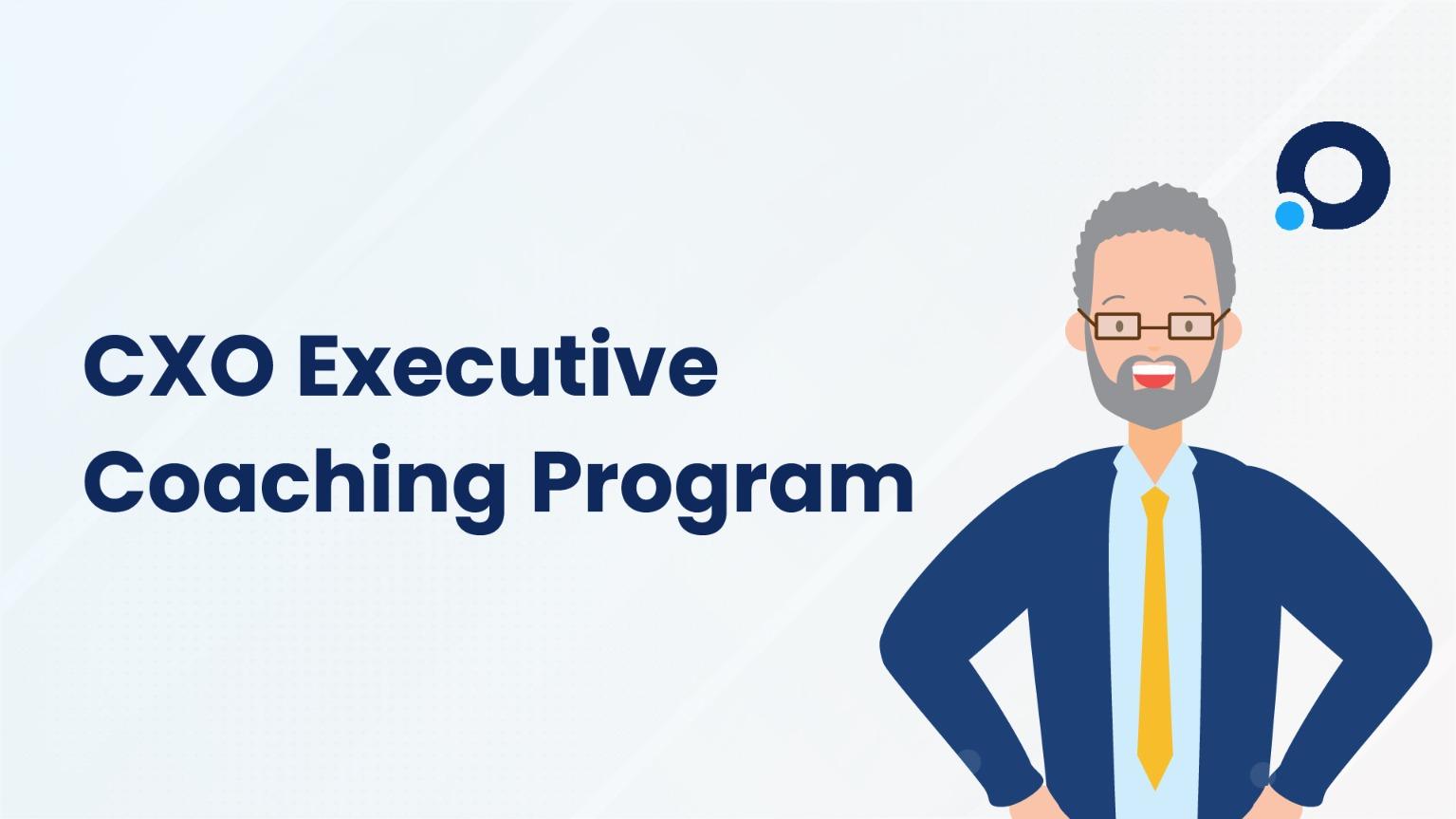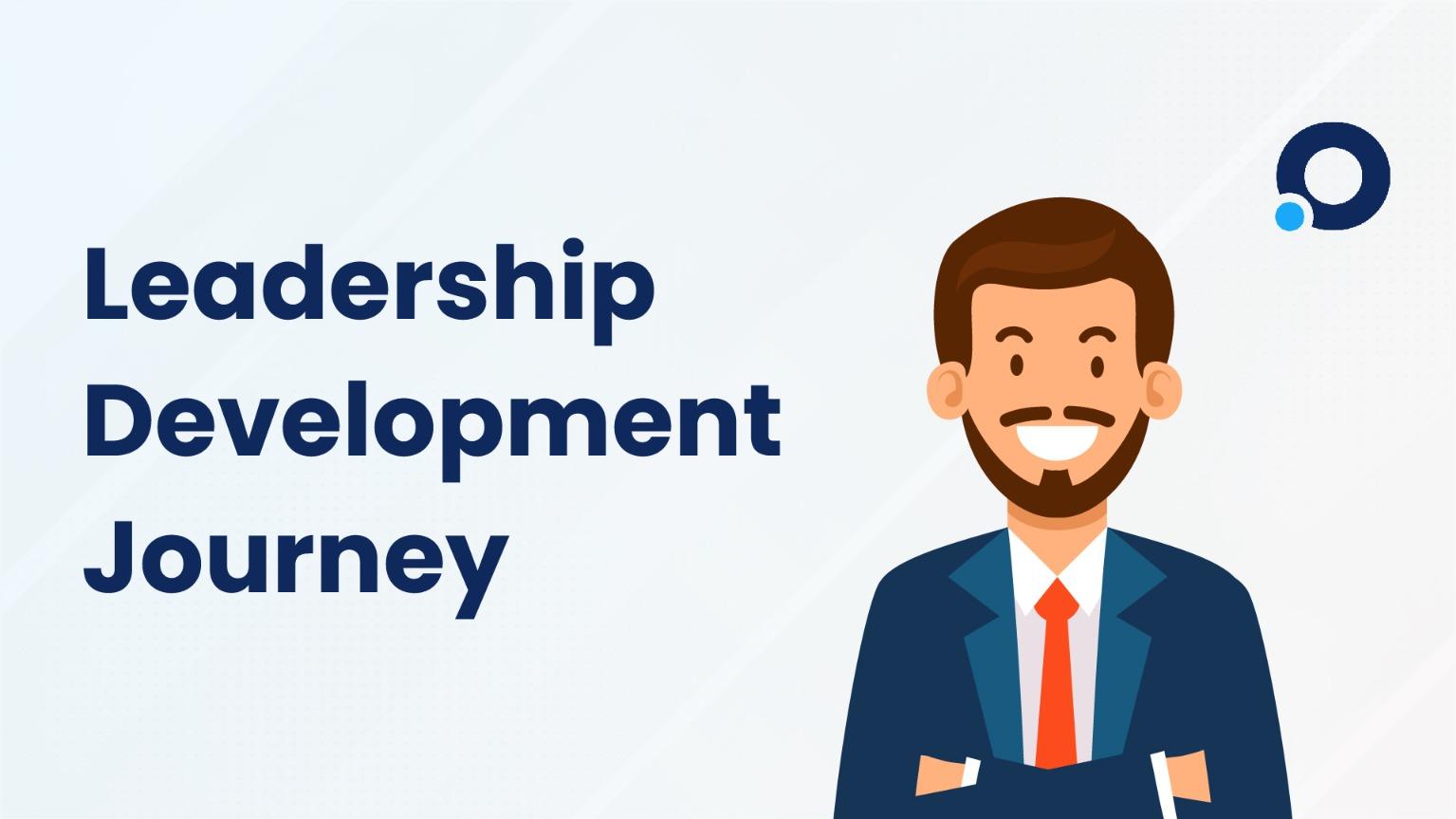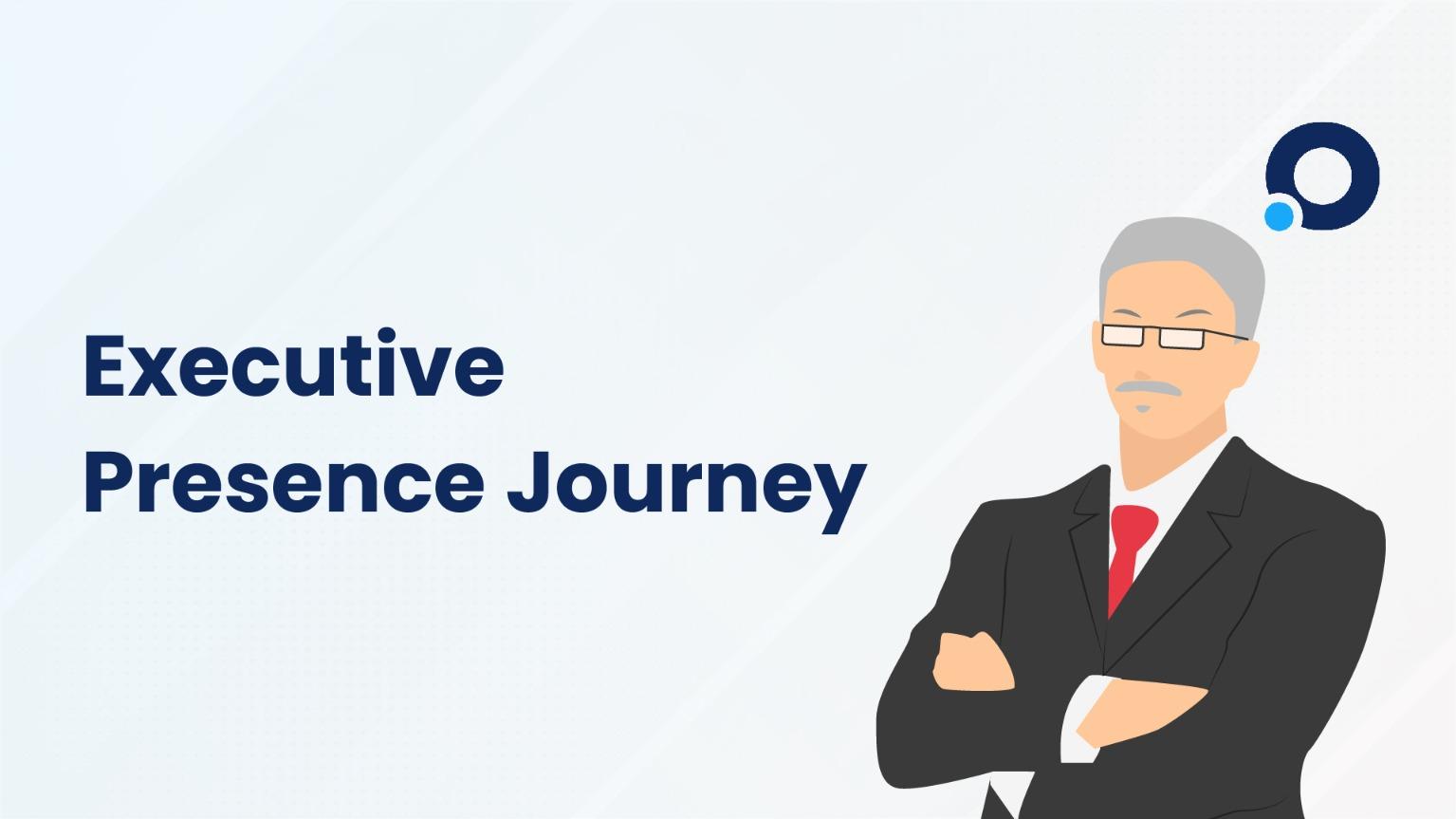Introduction
Leadership in the Modern Workplace
In today’s dynamic and increasingly people-centric work environment, leadership is no longer about authority or hierarchy—it's about influence, vision, and emotional intelligence. Modern leaders guide, support, and inspire their teams by building connections, fostering collaboration, and aligning individuals with organizational purpose.
The Importance of Employee Engagement and Retention
Employee engagement and retention are key to organizational success. Engaged employees are productive and committed, while high retention reduces recruitment costs and maintains knowledge and performance continuity. Effective leadership is the cornerstone of both.
Understanding Employee Engagement
What It Means
Employee engagement is the emotional and intellectual investment employees make in their work. It reflects their passion for their role, commitment to company goals, and motivation to contribute meaningfully.
How It Sustains Productivity and Morale
Engaged employees work with higher productivity, bring innovation, and uplift team morale. They adapt to change more easily and are less prone to burnout or disengagement.
Leaders and Engagement
Communication and Transparency
Transparent leaders who communicate clearly about goals and challenges foster trust and inclusion. Employees feel more connected and aligned when they understand the bigger picture.
Recognition and Feedback
Appreciation fuels engagement. Leaders who recognize achievements and provide empathetic feedback reinforce positive behavior and show genuine investment in employee development.
Empowering and Inspiring Teams
Empowered teams perform better. Leaders who delegate, trust their people, and paint a compelling vision inspire autonomy, enthusiasm, and purpose-driven action.
Leadership's Role in Retention
Establishes Trust and Loyalty
Trust leads to loyalty. Employees stay when they respect and believe in their leaders. Fairness, integrity, and empathy build psychological safety and employee commitment.
Providing Growth Opportunities
Career development is crucial to retention. Leaders who offer mentorship, training, and growth paths help employees envision a future within the organization.
Encouraging Work-Life Balance
Modern leaders value well-being. By promoting flexibility and wellness, they reduce burnout and build loyalty. Work-life balance is now essential for retaining talent.
How to Train Leaders to Promote Engagement
Leadership Development Programs
Structured programs build leadership capacity. Topics like communication, emotional intelligence, coaching, and strategy help leaders engage and retain teams effectively.
Constant Learning and Mentoring
Leadership growth is continuous. Workshops, peer learning, and coaching fuel development. Mentoring bridges generations, strengthens culture, and nurtures future leaders.
Feedback loops are essential. Real-time input helps leaders adapt their behavior to improve engagement and build trust within their teams.
Conclusion
Great Leadership Develops an Engaged Workforce
Leadership, engagement, and retention are deeply connected. Leaders shape culture, drive purpose, and foster connection. Effective leadership builds a committed and loyal workforce.
Why Leadership Development Should Be Prioritized
Investing in leadership is investing in people. By developing leaders at every level, organizations create a culture where employees thrive and choose to stay. In today’s competitive world, strong leadership is a strategic imperative for sustainable success.






